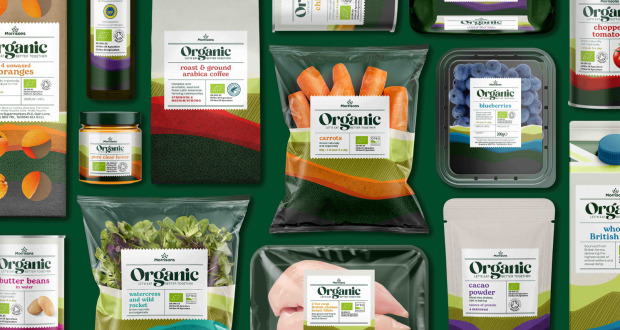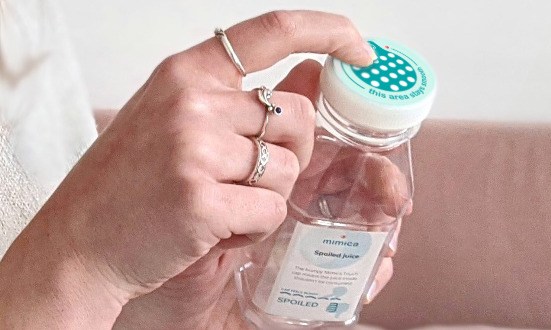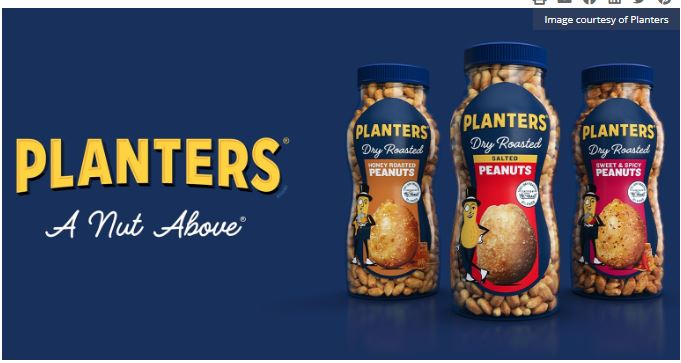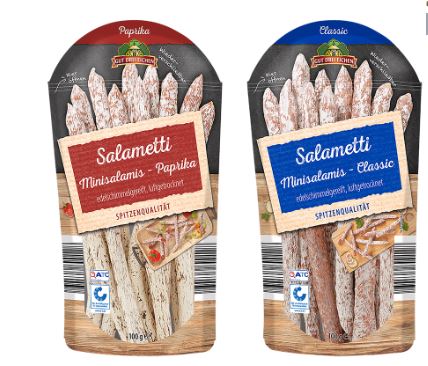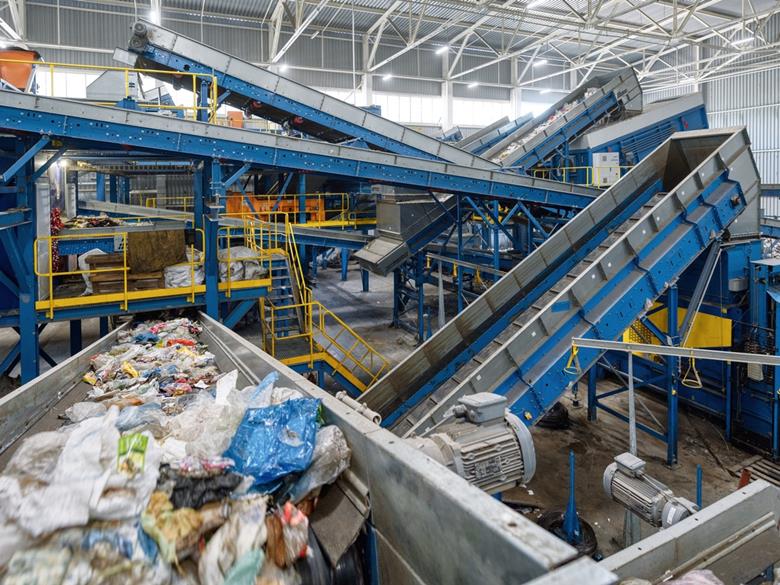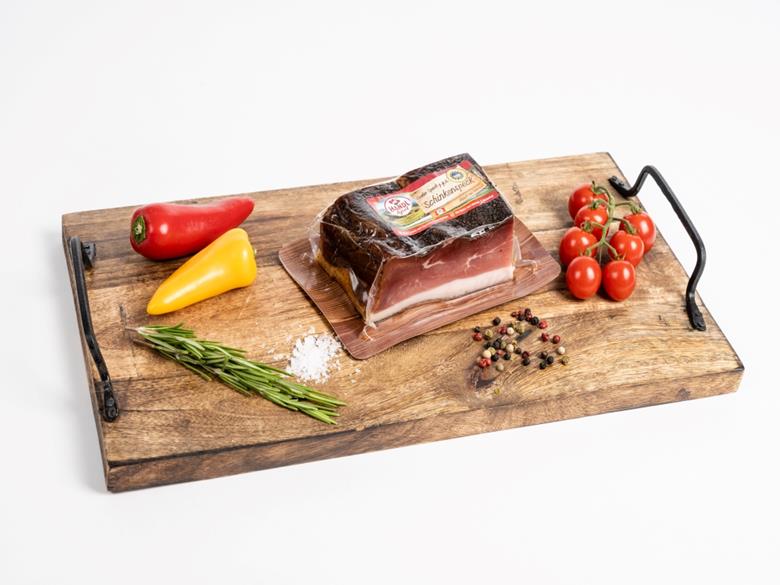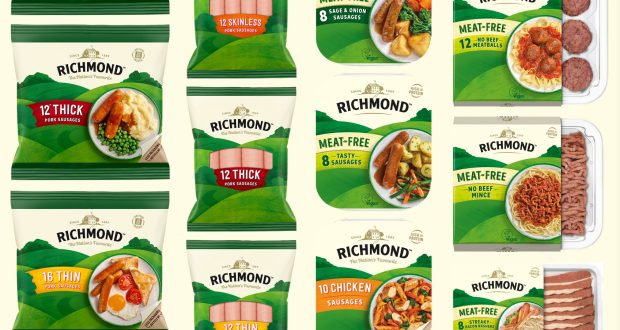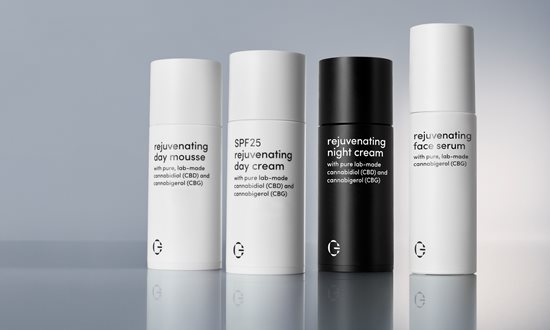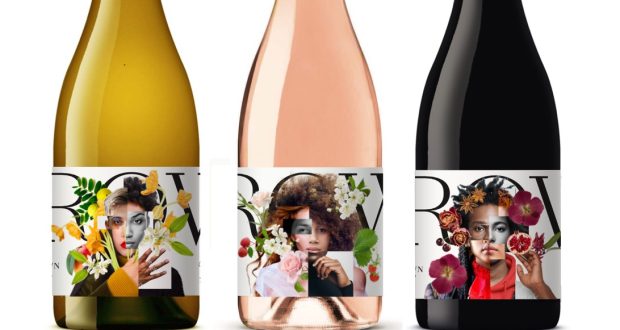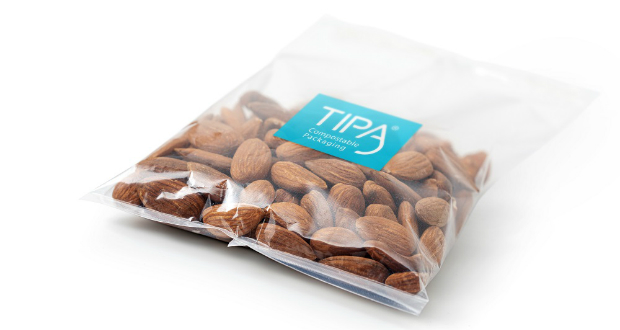Stand-up pouches are among the most popular flexible packaging concepts for dried sausages and meat, cheese snacks, coffee, tea, spices, and sweets.
Now this format is moving into sustainable alternatives, including pouches with zipper or other reseal features.https://a06539b773baa1b7088919573a9313da.safeframe.googlesyndication.com/safeframe/1-0-38/html/container.html
Südpack has developed an innovative packaging concept for this product market with a new mono-plastic solution, a polypropylene (PP)-based pouch that supports regulatory demand for recyclable packaging and with the same functionality of standard pouches.
“In addition to reducing the carbon footprint by substituting aluminum, the principal goal of this development was also to optimize recyclability and improve material efficiency,” says Holger Hoss, Südpack product manager.
The material is highly rigid and offers all the properties necessary for the efficient and safe packaging of food products. Depending on the products, the films can be supplied with different barrier properties for aroma, oxygen, moisture, or UV light.
By substituting the aluminum barrier with a coextruded barrier layer, the shelf life of salami sticks, for example, could be guaranteed for up to 70 days during a pilot project for brand owner zur Mühlen Group.
And with an integrated transparent window, consumers have a clear view at the packaged product.
PP pouches are 26% lighter in weight and highly machinable.
Another important aspect is that film thickness is reduced by about 10% for a 26% weight savings versus conventional packaging.
In addition to the above attributes, these high-performance films also boast excellent machinability, resulting in a high level of process and packaging reliability.
That’s because “single-material solutions require much more sensitive processing, in most cases the design of current machine peripherals isn’t suitable for such packaging materials,” Hoss explains.
However, due to its wide transparent seal, Südpack’s new material can essentially with or without minor adjustments be used on current lines that are designed for processing aluminum composites.
At the same time, the structure of the sealing layer ensures the simple and efficient integration of polyolefin resealing systems such as zippers made with widely available PP or polyethylene (PE) plastics.
The packaging film is printed using the company’s Sustainable Print Quality (SPQ) technology reduces ink and solvent consumption while significantly improving print quality.
“The substitution of aluminum with our recyclable monomaterial solution, combined with excellent material efficiency and sustainable printing technology, results in an overall improvement in the carbon footprint of every single [pouch],” says Hoss.
The all-plastic pouch also directly addresses an aluminum shortage.
Source:
https://www.packagingdigest.com/food-beverage/recyclable-polypropylene-stand-pouches-barrier-debut

